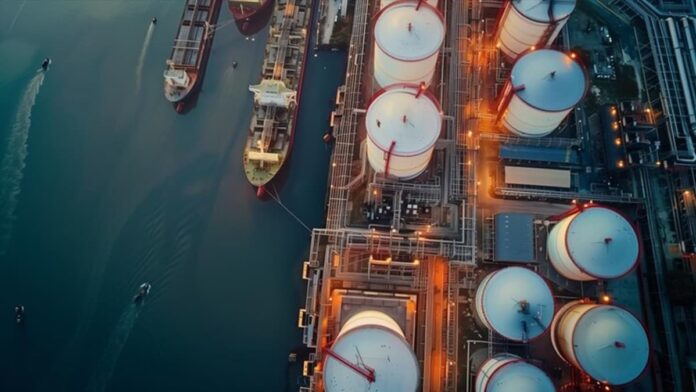Even as US President Donald Trump yet again announced that he will impose reciprocal tariffs on India, Kotak Institutional Equities said that the impact of the reciprocal tariffs proposed by the US on its trading partners depends on multiple variables and hence, is hard to precisely quantify.
Earlier on Saturday, a PTI report quoted Trump saying, “We’ll soon impose reciprocal tariffs because that means, they charge us, we charge them. Its very simple. Whatever a company or a country, such as let’s say India or China or any of them, whatever they charge, we want to be fair … so reciprocal. Reciprocal meaning, ‘they charge us, we charge them’.”
Kotak Institutional Equities analysed the key impact of probable tariffs on the chemical industry in India. “PI and Vinati are most exposed. The 10 per cent already imposed by the US on China may level the playing field for Indian companies. Possible cuts to India’s import tariffs also need watching,” the brokerage report said.
ALSO READMarico expects double-digit revenue growth in FY25 on price hike, better volume
Principle of reciprocity would require US tariff hikes of 600 bps
“Chemical trade typically falls under chapters 28, 29 and 38 of the Harmonized System of Nomenclature. Within these, exports by India’s leading listed chemical companies typically come under Chapter 29 (organic chemicals) and Chapter 38 (miscellaneous chemical products),” stated Kotak Institutional Equities. India generally levies import tariffs of 10 per cent on items under these chapters, whereas the US levies lower tariffs of 4 per cent on the same items. According to the principle of reciprocity espoused by the current US administration, the brokerage firm said, the US should, therefore, raise import tariffs on chapters 29 and 38 by 600 bps.
PI and Vinati most exposed to US
Companies with insignificant exposure to the US for export revenues are Bayer CropScience, SH Kelkar and Godrej Agrovet. Tata Chemicals has operations in the US and hence, Kotak said, will not be impacted. Among the remaining companies under its coverage, those with the maximum US exposure are PI (43 per cent of FY2024 revenues) and Vinati Organics (20 per cent). Those with the lowest exposure are Deepak Nitrite (3.1 per cent),
» Read More


